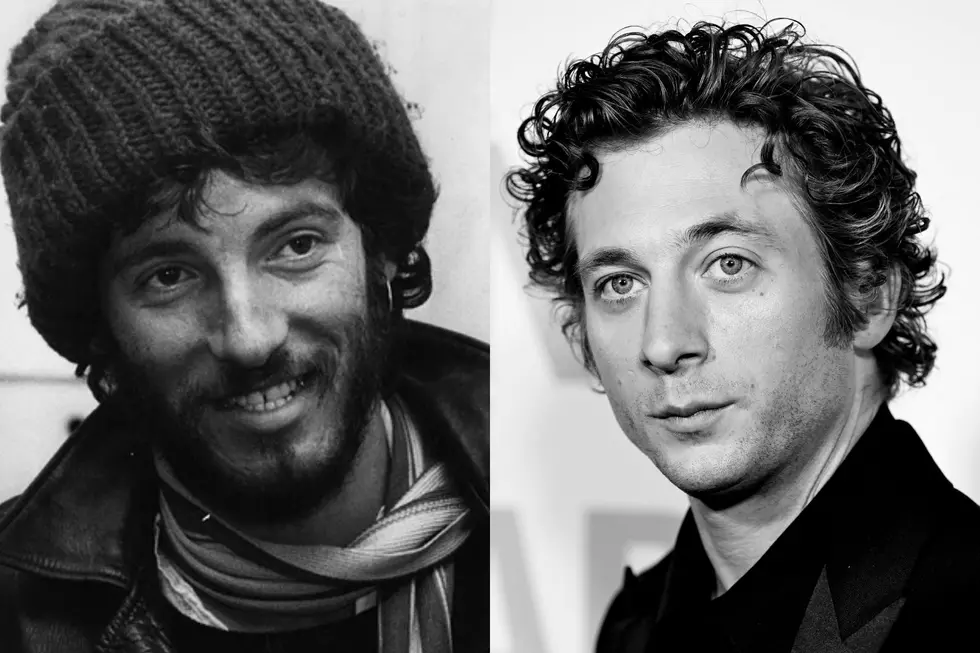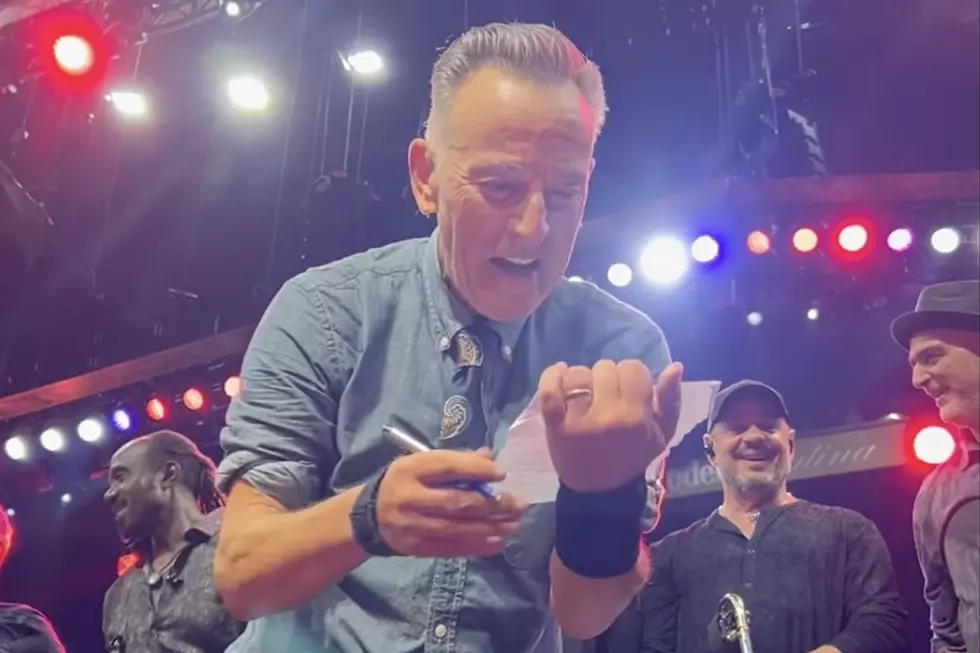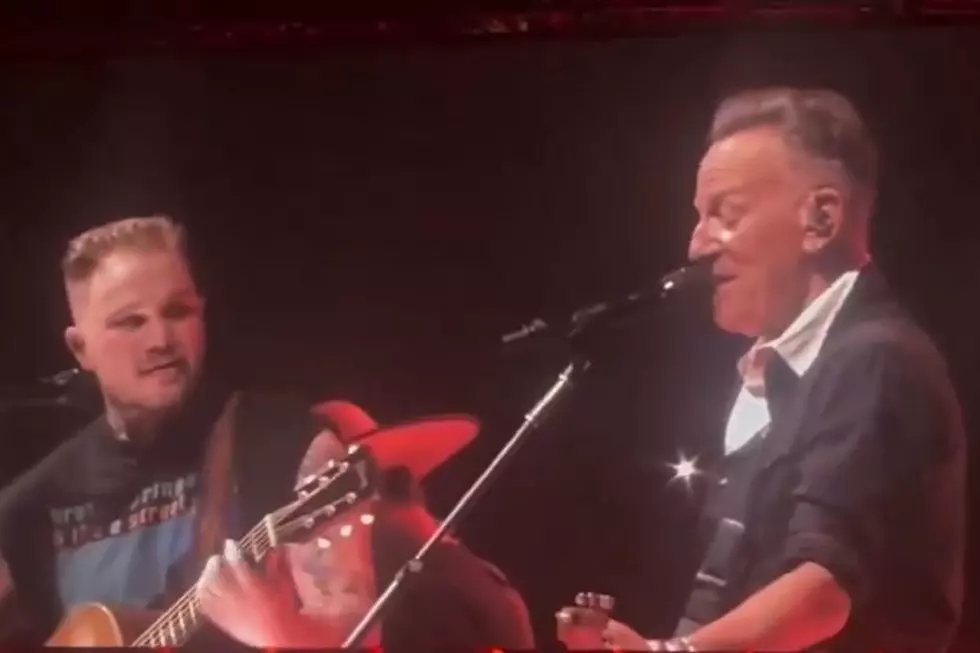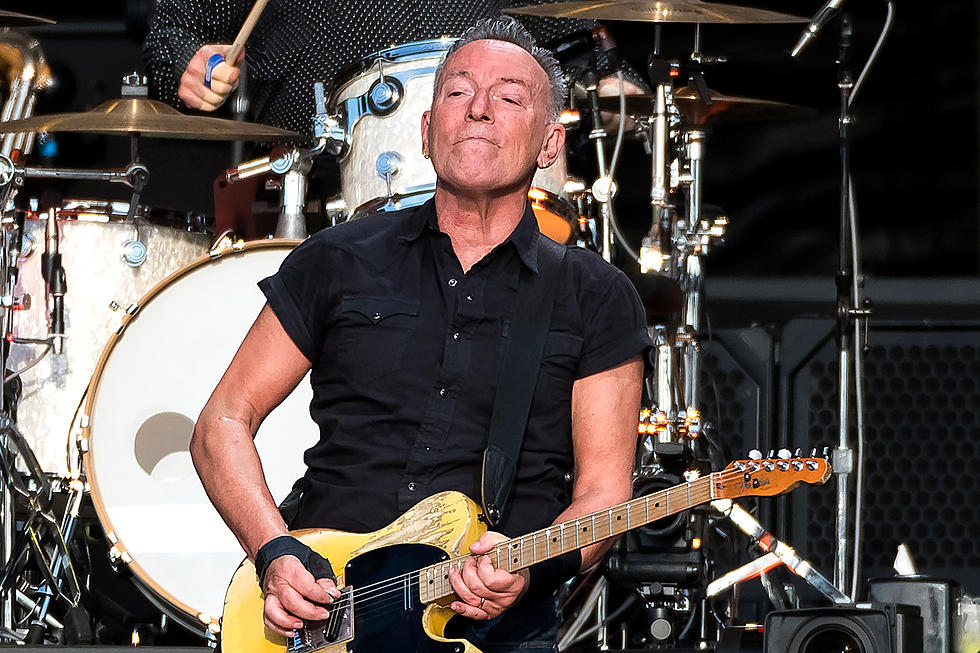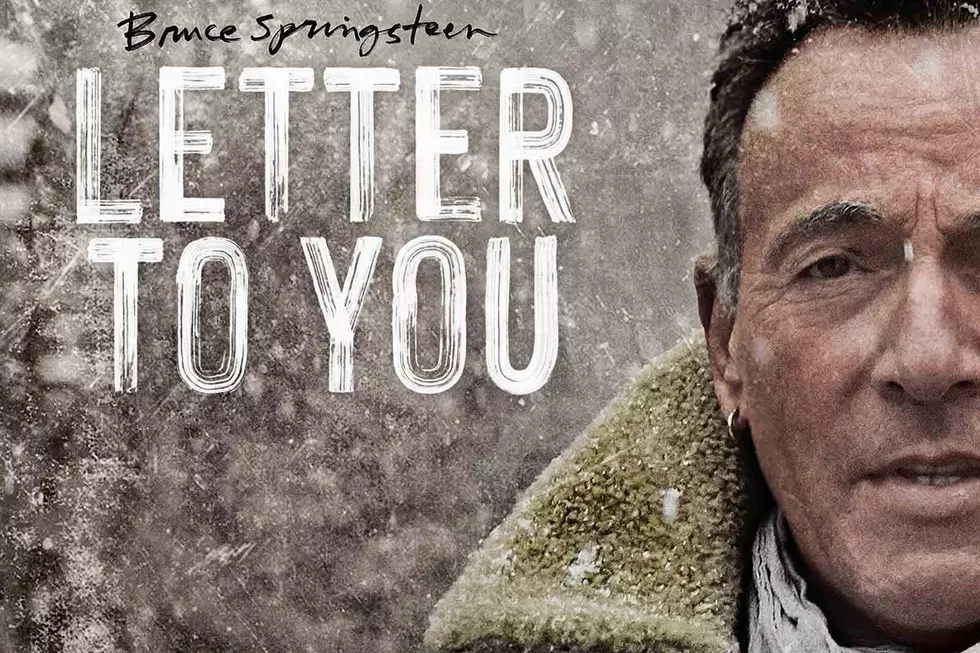
Bruce Springsteen, ‘Letter to You': Album Review
Lately, Bruce Springsteen has been contemplating his past.
He started the previous decade by revisiting four older songs on the otherwise newly written 2012 album Wrecking Ball, which also paid tribute to E Street Band saxophonist Clarence Clemons after his death in 2011. Two years later, Springsteen filled the entire High Hopes LP with songs he'd written, but then discarded, for other projects – some dating back to the mid '90s. And 2019's '70s-soft-pop homage Western Stars contained songs that were recorded years earlier.
Then there's the 2016 memoir Born to Run and its sorta stage version, Springsteen on Broadway, that opened a year later and ran for 14 months. Both projects were all about looking back.
On Letter to You, his 20th album, Springsteen confronts mortality, talks with ghosts and pulls out three cuts from his early-'70s songbook he never got around to releasing before. There's no getting around it: The past lurks behind every note. But, ironically, he hasn't sounded this alive and in-the-moment in years.
Much of that has to do with the spontaneity surrounding the record's creation. Many of the songs were quickly composed by Springsteen and then recorded in five days with the E Street Band at his home in 2019. It's the first time the group made this much music live in the studio since the first part of the '80s.
It starts solemnly, though, as Springsteen whisper-sings the first line to opener "One Minute You're Here" – "Big black train coming down the track," evoking the traditional blues, country and folk metaphor for death. From the start, Letter to You lets you know where it's headed, but there's also joy in the celebration of life as an understanding, and acceptance, of what follows. The album was made pre-coronavirus, but at times it sure sounds like a product of the pandemic.
The title track recalls the re-energized and reinvigorating spirit of 2002's The Rising, Springsteen's heartfelt response to 9/11 and his first album with the E Street Band in nearly two decades. There are similar anthem-sized songs on Letter to You, digging up glockenspiel ("Burnin' Train"), lyrical references ("House of a Thousand Guitars") and even outtakes ("Janey Needs a Shooter") from Springsteen's past. Guitars jab and organs swell throughout, and Springsteen's throaty rasp recalls The River's stadium shakers more than they do the truth-telling troubadour folk found on 2005's solo Devils & Dust and the reigned-in vocal clearness of more recent records like 2009's Working on a Dream.
It doesn't all work. The self-mythologizing "Last Man Standing" aims for Born to Run-style grandeur but lands flat both musically and lyrically ("Faded pictures in an old scrapbook / Faded pictures that somebody took"), despite a sax solo by Jake Clemons straight from Uncle Clarence's playbook. The forgettable "The Power of Prayer" could be a leftover from any Springsteen album from the past 15 years.
Springsteen doesn't get too political on Letter to You. Only the rousing "Rainmaker" makes passing references to the current climate, dropping in lines about a "house ... on fire," a "mean season" and how "sometimes folks need to believe in something so bad." He never comes out and says "Trump," but it's not hard to connect the dots from the songs central character – "Says white's black and black's white, says night's day and day is night" – to the divisive president.
Mostly Letter to You is about finding peace in the past, so in some ways the trilogy of '70s castaways – "Janey Needs a Shooter," "If I Was the Priest" and "Song for Orphans" – form the album's center. The songs sound very much like pieces from Springsteen's back pages, even with the updated performances and modern co-production by Ron Aniello. Biblical themes, along with Dylanesque wordplay and harmonica, and big, sweeping musical flourishes, run through the tracks, which haunt the album as much as "Ghosts," the LP's most personal confrontation of days gone by. They're also the longest on the album, each clocking in at more than six minutes.
Letter to You ends as contemplatively as it begins, with the hopeful "I'll See You in My Dreams" declaring "death is not the end." Like the opening "One Minute You're Here," it serves as a melancholy bookend to Springsteen's most reflective work. But his reconciliation with the past and, ultimately, his mortality comes down to a single line in the bustling "Ghosts": "I'm alive!" And on this stirring band album, that breathless sentiment is both earned and deserved in the end.
The Best Song From Every Bruce Springsteen Album
More From Ultimate Classic Rock
